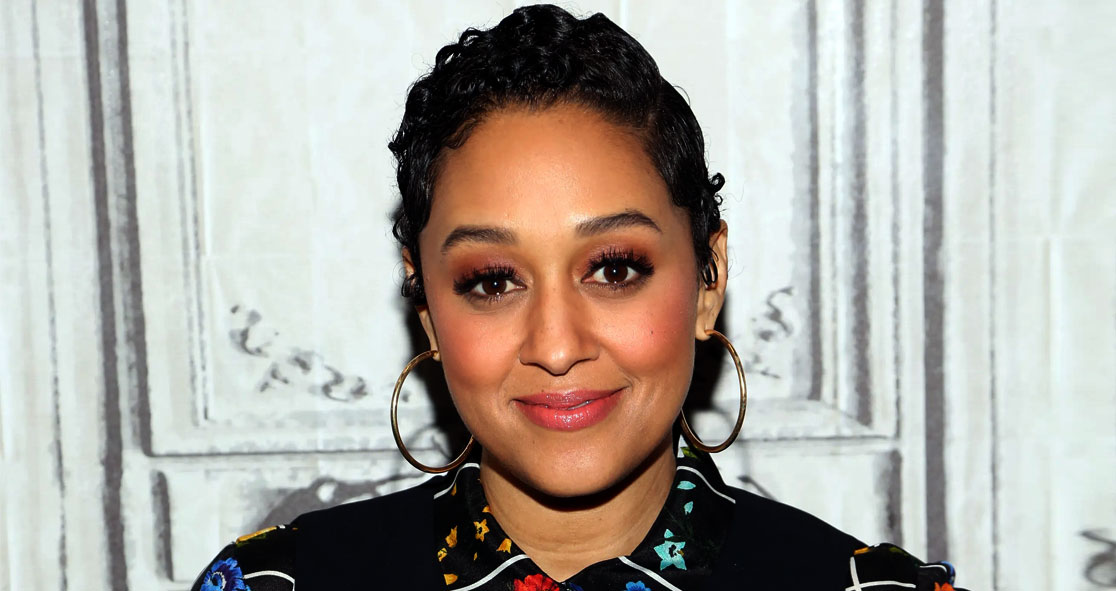Honoring Eczema Awareness Month, Tia Mowry has recently opened up about her eczema diagnosis.
She told PEOPLE about the condition in hopes of raising awareness for people who might be suffering from eczema without getting diagnosed.
The 43-year-old actress said, “Eczema is definitely a chronic condition that’s very prominent within the African American community but unfortunately, there’s a huge percentage of people suffering with eczema and it actually goes underdiagnosed. And that happens to be a part of my story. I’m definitely a part of that percentage.”
Mowry received eczema diagnosed in her 20s. However, she said her journey began when she was a child, seeing her mother suffer from it without knowing what the condition was.
The former Sister, Sister star revealed, “When I was young, I had these round spots on my back on my arms, and they were raised and they were itchy. But when my mother would take me to the pediatrician, the doctor told us they were sunspots… and that was definitely not what I had.”
Mowry went on to say that the beauty industry is lacking when it comes to Black skin health. She said, “Where there’s lack of visibility, there was no information, there were no educational tools, there were no resources. So, we didn’t really know how to identify eczema on our skin tones.”
After receiving the diagnosis, Mowry said she “felt alone” as she did not know anyone else going through the same condition, specifically another person of color.
She said, “It was overwhelming, especially being in the public eye, like how do you deal with this?”
Mowry has teamed up with Aveeno to find relief for her eczema and to promote the company’s #SkinVisibility campaign, which raises awareness among African Americans who go undiagnosed even after having the condition.
She said, “I feel like that’s why I’m extremely passionate about representation and why it is so important. When you see someone that resonates with you, or that looks like you, it makes a huge impact. And so when there is no visibility — when you, as a community, are not being included in marketing and advertising, you feel not included.”
Mowry said her knowledge has now allowed her to take better care of her children who also suffer from eczema.
She continued, “Support, I feel like, is the most important thing and to be able to have someone to talk to. I didn’t know many people besides my mother that were suffering from eczema and not too many people were talking about it. So it was really nice to have that built-in support from my husband.”
Encouraging people who suffer from eczema, Mowry said, “You’re not alone. There are many sufferers out there who are going through the same thing that you’re going through… at the end of the day, that’s what this is all about.”























